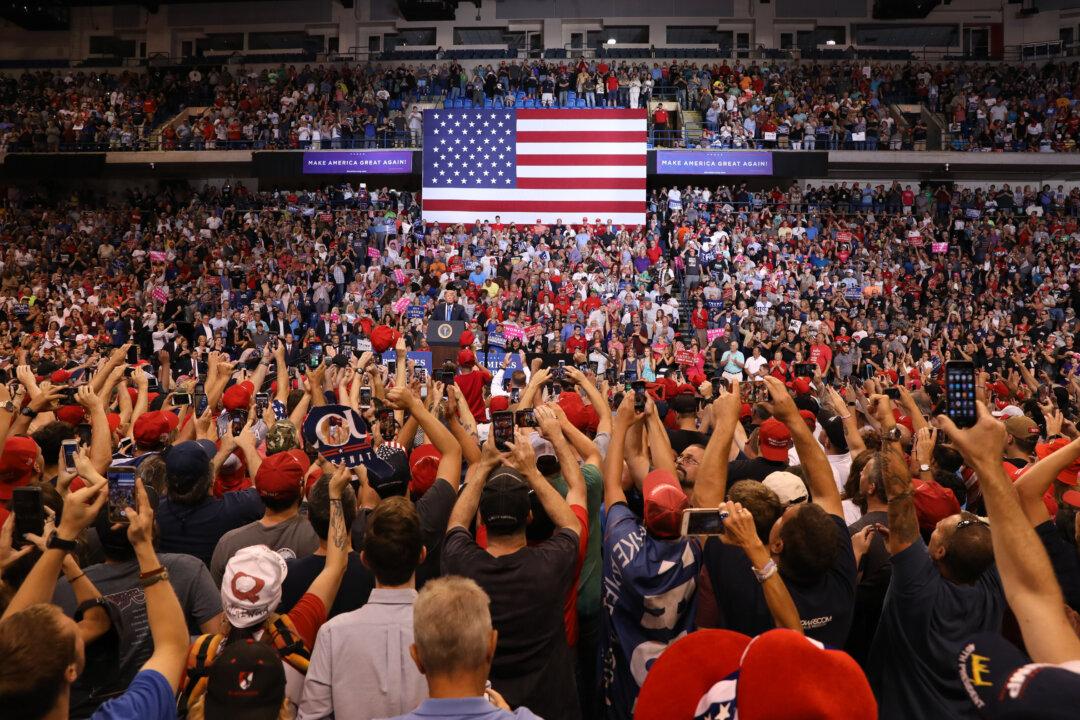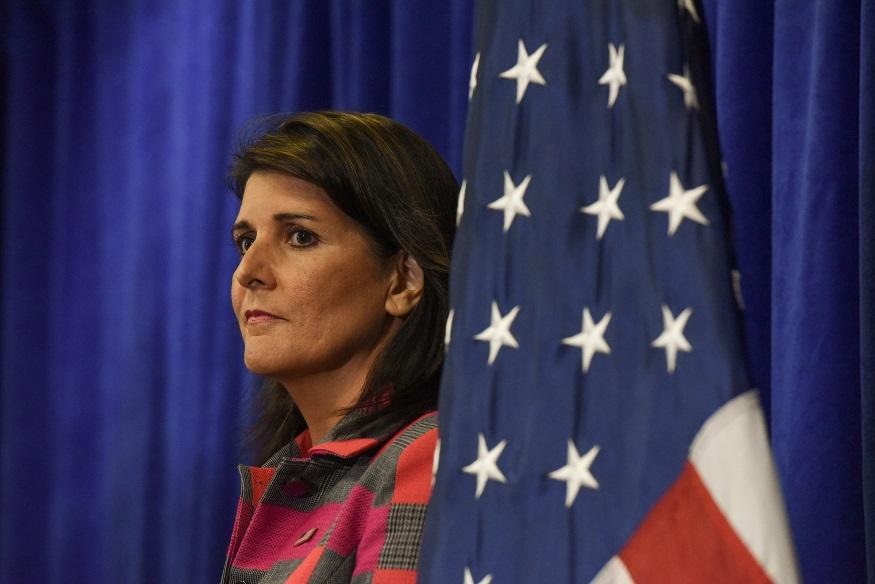With Election Day less than a month away, voters are being bombarded with mailers and television ads by candidates hoping to collect their vote. But in the 2016 presidential election, the internet and social media emerged as a new battleground to influence voters.
In that forum, it isn’t just politicians or even ardent local supporters stumping on behalf of candidates or ideas. Foreign countries with ulterior motives have injected themselves into online spaces to sow discord and attempt to influence the outcomes of the United States’ democratic elections.





